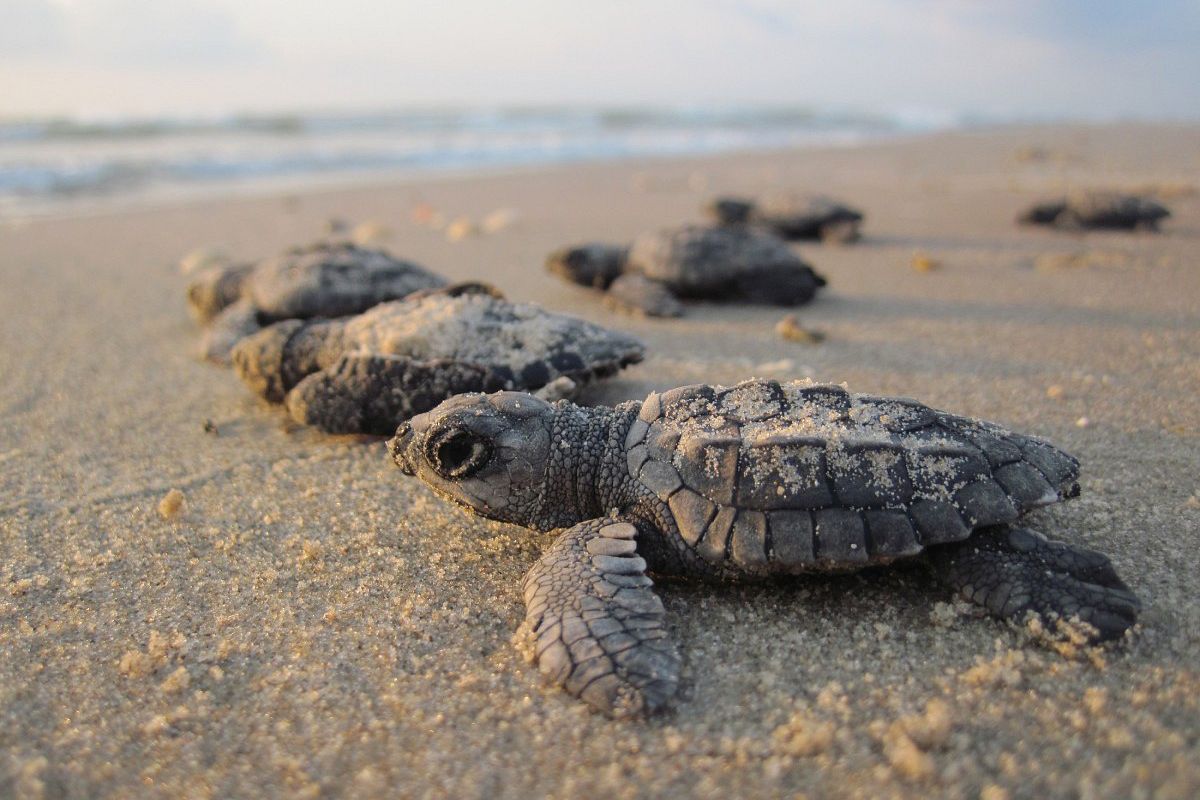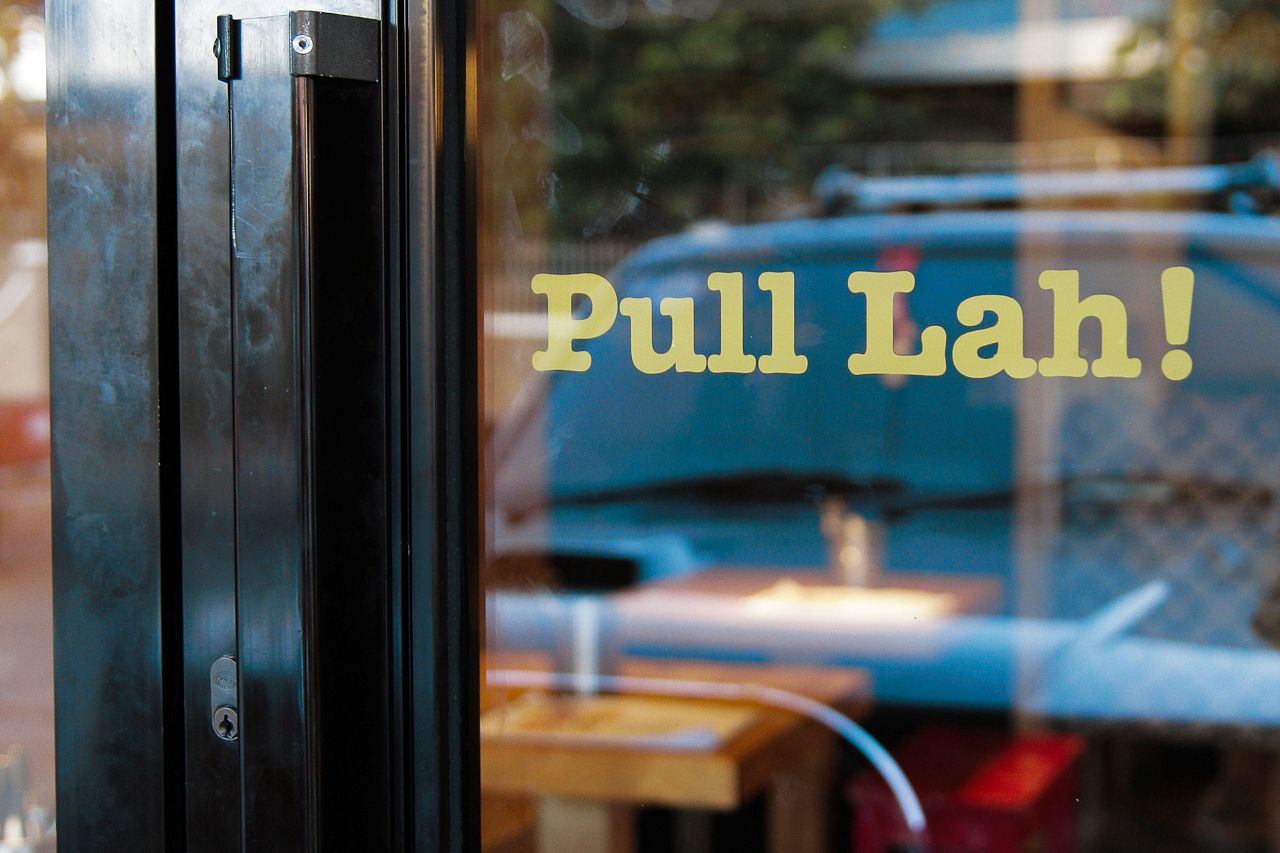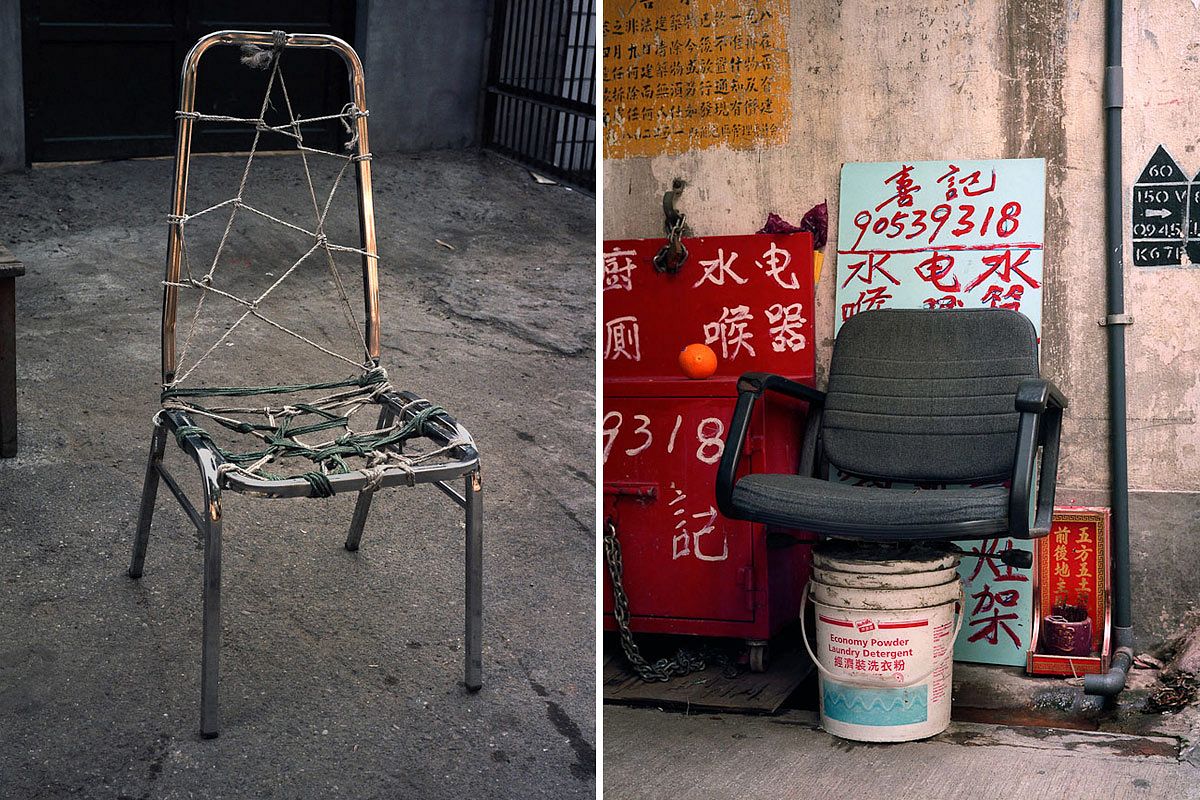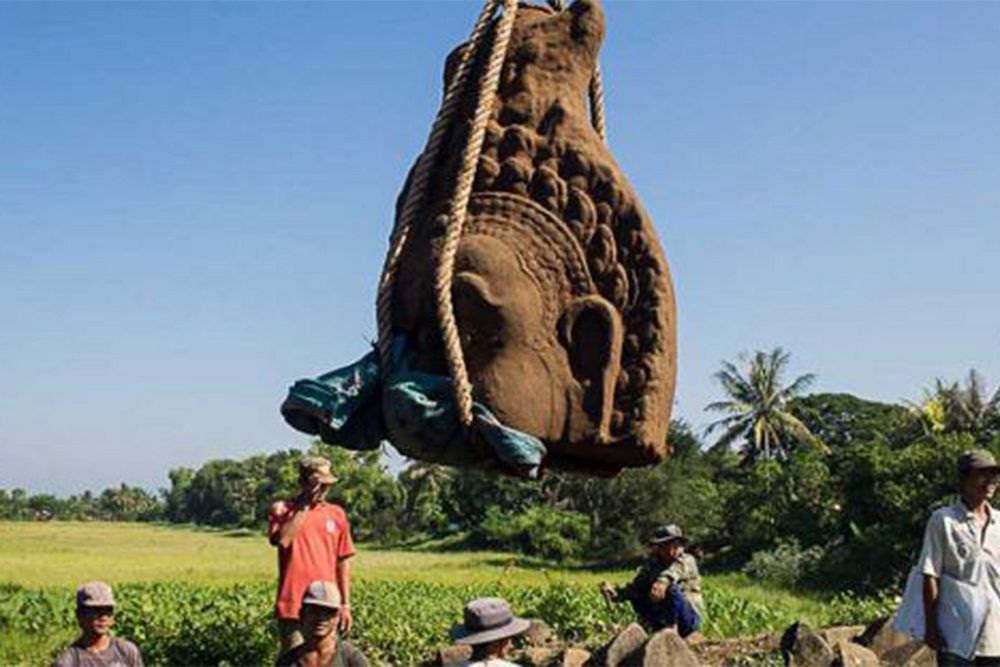The move is the latest in a wave of Asian initiatives to combat plastic waste.
All 71 KFC locations in Hong Kong and Macau will stop offering plastic straws and lids in an attempt to curb the environmental impact of the ecosystem-ravaging refuse, according to the South China Morning Post. The items will still be available upon request and will be provided with takeaway and delivery orders. The action follows a similar ban in Singapore as well as a transition to offer reusable baskets and paper as opposed to foam serving containers.
KFC is following the lead of other large fast-food chains such as McDonald's which is replacing plastic straws and lids with paper ones in Ireland and Britain; and Starbucks, which is turning to "sippable lids." Taiwan has gone a step further and is outlawing all plastic in restaurants and shops, with a number of hotels making similar commitments. Janet Yuen, chief operating officer of KFC Hong Kong and Macau, explained the corporation's motivations: “We understand the significance of the impact single-use plastics have brought to our environment, and thusly we want to do our part in striving for positive change."
While Vietnamese locations have not announced similar efforts, Vietnamese are paying increased attention to the issue. The government is making efforts to educate people about the harmful effects of single-use plastics and looking for ways to compel businesses such as grocery stores to adopt more sustainable habits. In recent months, numerous grassroots organizations led by foreigners and locals have been active in reducing plastic waste, starting with straws. Youths have helped lead the charge with activities like a no-straw challenge.
Critics claim the feel-good measures are little more than that. One study notes that plastic straws account for only 0.03% of the eight million metric tons of plastics entering the oceans annually. Fishing nets and gear, on the other hand, contribute 46% of the plastic by weight. Other forms of pollution and environmental destruction, many argue, are far more pressing issues and focusing on plastic straws is simply a distraction.
In addition to questions of efficacy in addressing the underlying problem, advocates for disabled communities are taking major issue with the bans on plastic straws. They claim people with special needs rely on the utensils and reusable alternatives are too expensive, limited in their use and inconvenient.
Whether banning straws will make a difference or not, something clearly must be done. By 2025, there will be one ton of plastic for every three tons of fish in the ocean. As much as 60% of the plastic waste is coming from China, Indonesia, the Philippines, Thailand and Vietnam, according to Ocean Conservancy.
[Photo via Creative Commons]














